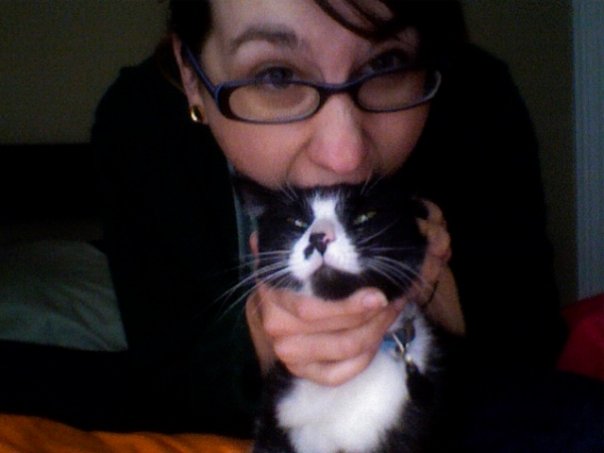 When I first started reading this novel, I thought, "I cannot sit through 160 pages of a dude talking about how great this camel is." So I was a bit surprised when, probably around 75 to 100 pages in, I found myself wondering what was going to happen next. A novel about a man losing everything for a camel might seem a little extreme, but I found it to be an interesting look into the hearts of men and how that is shaped by so many things; climate, weather, animals, superstition and religion, play as important a role as the other human characters.
When I first started reading this novel, I thought, "I cannot sit through 160 pages of a dude talking about how great this camel is." So I was a bit surprised when, probably around 75 to 100 pages in, I found myself wondering what was going to happen next. A novel about a man losing everything for a camel might seem a little extreme, but I found it to be an interesting look into the hearts of men and how that is shaped by so many things; climate, weather, animals, superstition and religion, play as important a role as the other human characters.I also found that I had to keep adjusting my image of the characters and setting throughout the novel. When someone says "desert" I tend to picture a vast wasteland, with maybe a cactus or a dead tree, a camel or perhaps a scorpion the only signs of life. But in Gold Dust, the desert is both death and life. It hides oases, mountains, and valleys. There is life to be found for those that know what they are looking for. Also, I had to adjust my idea of what the people living in this region look like. Until I understood that these were Bedouin people, I had trouble picturing the men in "veils". Eventually I looked up a picture, and I thought, "Oh yeah! I get it now!" I liked that the translator took time in the afterward to address the veil, saying that it was not a religious or practical item, but rather a social one, used to manipulate emotion or intimacy. The author makes use of this in the novel; Ukhayyad often will cover his face more when he is confused or hiding something, or when he is unsure of himself. Dudu uses the veil to hide his true nature, even wearing two so that Ukhayyad struggles to understand the meaning of his actions and words.
 While I will admit that Ukhayyad's love of his camel is baffling, I enjoyed the anthropo- morphic nature of the novel. If the author had chose to just say, "The camel ran away," "The camel was bleeding," or, "The camel cried out in pain." It would not have had the same effect as, "The camel's heart was not soothed. Distress flickered from his fear-stricken eye sockets(117)." In fact, my heart went out much more to the camel, who was the truest victim of the novel. He was just being a loyal animal, and despite what Ukhayyad felt, could not possibly have understood his circumstances! I wanted to hug him as much as Ukhayyad, despite the fact that most camels are vile creatures. The author is at his most poetic when discussing the camel and his emotions, and gave it feeling of being whimsical while at the same time so tragic. How Shakespearean.
While I will admit that Ukhayyad's love of his camel is baffling, I enjoyed the anthropo- morphic nature of the novel. If the author had chose to just say, "The camel ran away," "The camel was bleeding," or, "The camel cried out in pain." It would not have had the same effect as, "The camel's heart was not soothed. Distress flickered from his fear-stricken eye sockets(117)." In fact, my heart went out much more to the camel, who was the truest victim of the novel. He was just being a loyal animal, and despite what Ukhayyad felt, could not possibly have understood his circumstances! I wanted to hug him as much as Ukhayyad, despite the fact that most camels are vile creatures. The author is at his most poetic when discussing the camel and his emotions, and gave it feeling of being whimsical while at the same time so tragic. How Shakespearean.

Rich post -- I agree with you about the camel as victim. I am thinking some of your comments about what you expected a desert to be like, and what it is actually like, would be interesting for the book.
ReplyDelete